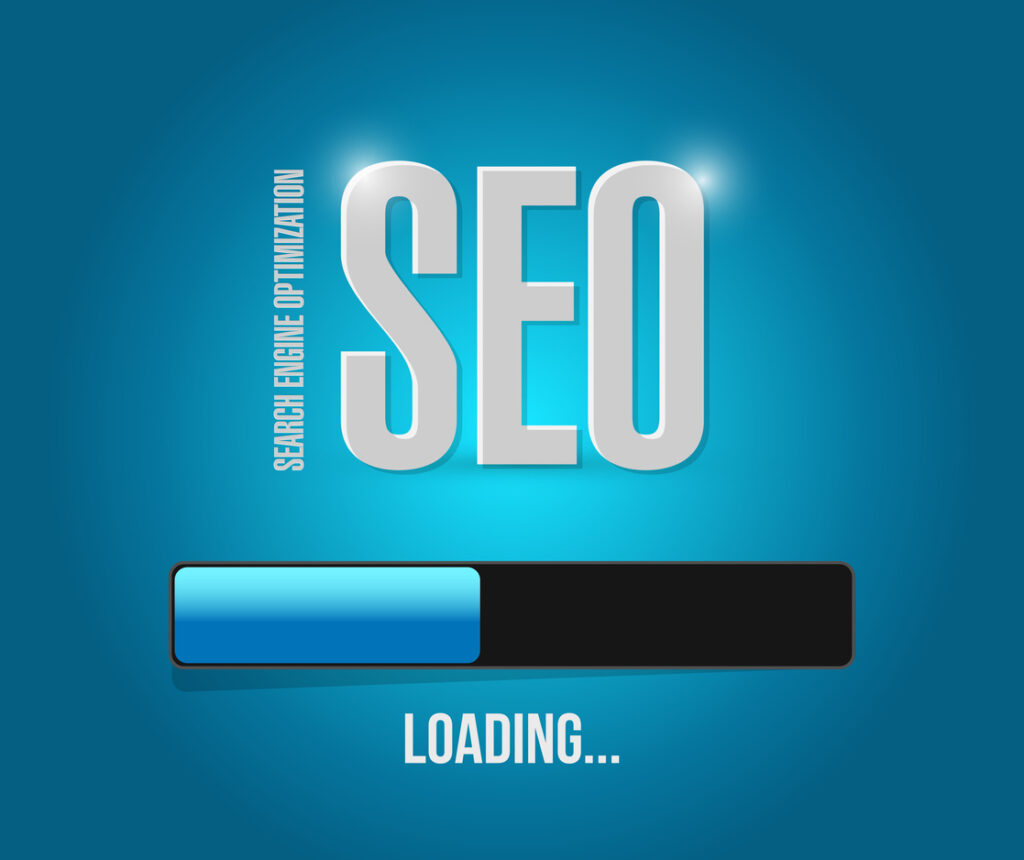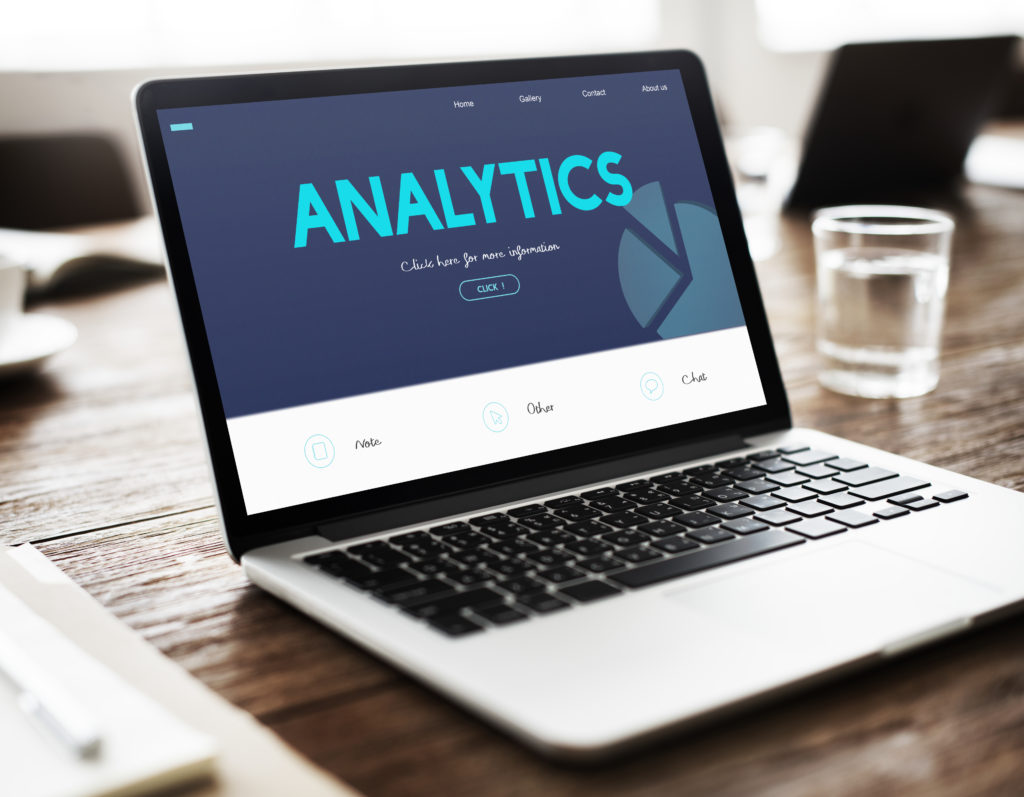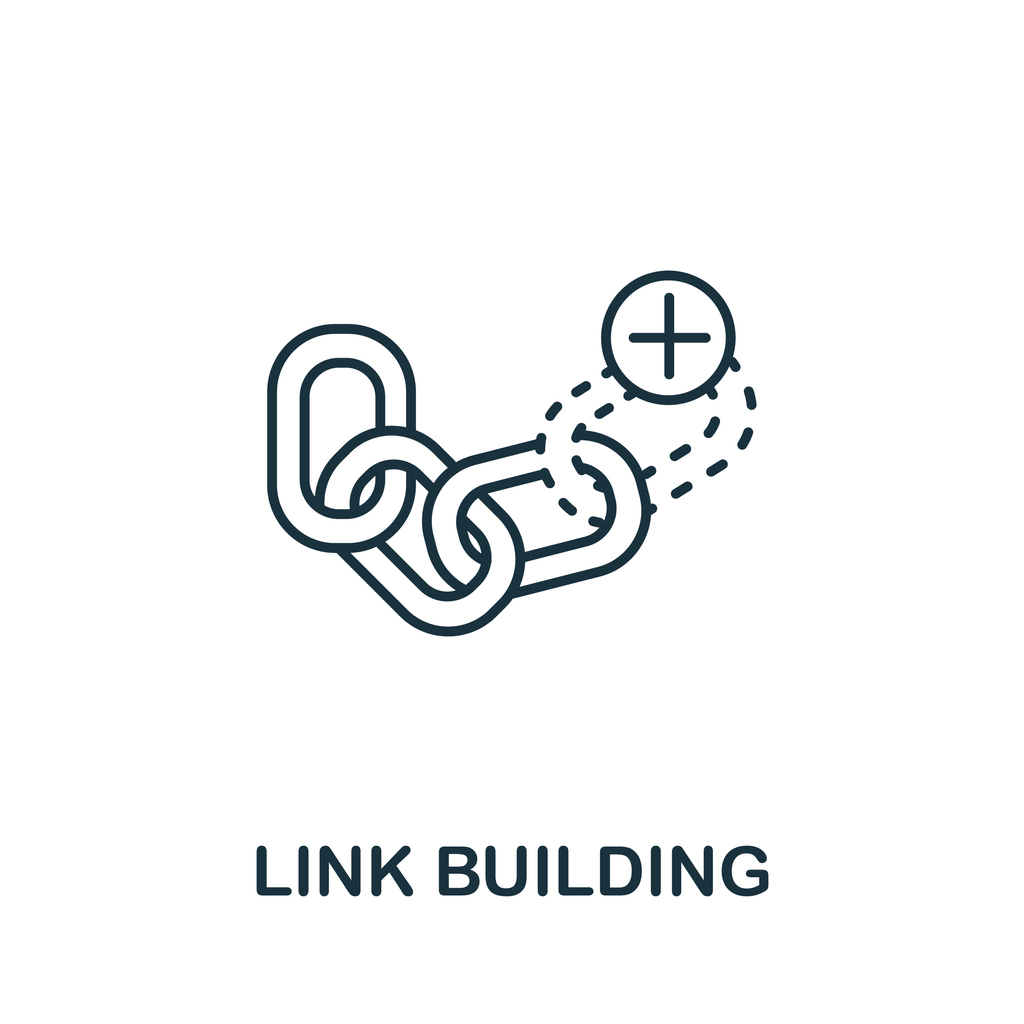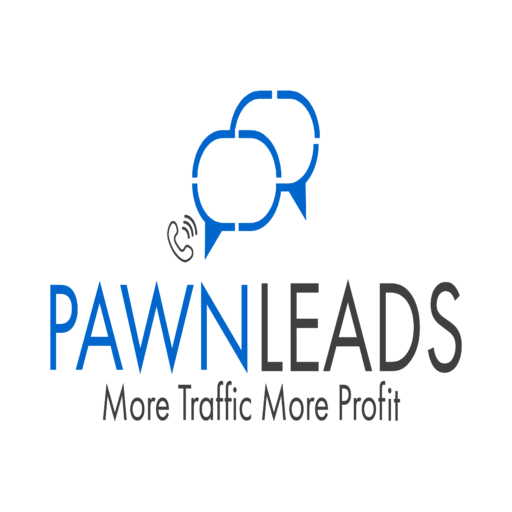In the ever-evolving digital landscape, Search Engine Optimization (SEO) has become a cornerstone for online success. Whether you’re running a small blog or managing a multinational corporation’s website, SEO services play a pivotal role in driving organic traffic, boosting visibility, and increasing revenue. However, understanding the interworking relationships of SEO services can be complex. In this comprehensive guide, we’ll unravel the intricacies of SEO services, breaking them down into their core components, and exploring how these components interact to enhance your online presence. Furthermore, we’ll delve into the strategic fusion of monthly blogging and advertising and how this synergy can significantly improve your SEO.

Keywords and Content: The Foundation of SEO
Keywords are the building blocks of SEO, and content is the mortar that holds them together. Keywords are the words and phrases people use to search for information, products, or services online. To optimize your website for search engines, you must first identify relevant keywords that align with your business or content.
SEO specialists conduct keyword research to find the most valuable and relevant keywords for your website. This research involves analyzing search volume, competition, and user intent. By selecting the right keywords, you can tailor your content to the needs and interests of your target audience.
Content creation is the process of developing articles, blog posts, videos, and other materials that strategically incorporate these keywords. The goal is to provide high-quality, informative, and engaging content that resonates with both search engines and users. When done correctly, this synergy between keywords and content can drive organic traffic to your website.

On-Page SEO: Optimizing Your Website Internally
Once you’ve identified your target keywords and created valuable content, it’s time to optimize your website’s on-page elements. On-page SEO focuses on making your website more search engine-friendly by optimizing various on-page factors, including:
- a. Title Tags: Title tags are the HTML elements that define the title of a web page. They should be concise, descriptive, and contain your target keywords.
- b. Meta Descriptions: Meta descriptions provide a brief summary of what a page is about. They should be compelling, concise, and also include relevant keywords.
- c. Header Tags: Header tags (H1, H2, H3, etc.) structure your content and help search engines understand its hierarchy and importance.
- d. URL Structure: Clean and user-friendly URLs are not only easier to read, but also help search engines comprehend the content’s topic.
- e. Image Optimization: Optimizing images by adding alt text and compressing them can improve page load times and accessibility, which positively affects SEO.
- f. Internal Linking: Internal links connect different pages within your website, improving navigation and distributing link equity to important pages.
- g. Mobile Optimization: With the rise in mobile device usage, SEO is crucial to ensure your website is mobile-responsive.
Off-Page SEO: Building Authority and Trust
Off-page SEO focuses on building your website’s authority and trustworthiness through external factors. These factors include:
- a. Backlinks: Backlinks are links from other websites that point to yours. High-quality, relevant backlinks from authoritative websites can significantly boost your SEO rankings.
- b. Social Signals: Social media activity, such as shares, likes, and comments, can indirectly influence SEO by increasing brand visibility and traffic.
- c. Online Reputation Management: Monitoring and managing your online reputation, including reviews and mentions, can impact your website’s credibility and SEO performance.
- d. Guest Blogging and Outreach: Collaborating with other websites to publish guest posts or articles can help you reach new audiences and acquire backlinks.

Technical SEO: The Backbone of Your Website
While content and links are crucial, technical SEO is the backbone that supports your entire website’s performance. It involves optimizing the technical aspects of your website to ensure it’s easily accessible and indexable by search engines. Key elements of technical SEO include:
- a. Site Speed: Faster loading times enhance user experience and positively affect search rankings. Techniques like image optimization, code minification, and content delivery networks (CDNs) can improve site speed.
- b. XML Sitemaps: XML sitemaps help search engines understand your website’s structure and index its pages more efficiently.
- c. Robots.txt: This file instructs search engine crawlers on which pages to crawl and index and which to ignore.
- d. Mobile-Friendly Design: As mobile usage continues to rise, a mobile-friendly website design is essential for SEO success.
- e. HTTPS: Google considers secure websites (those with HTTPS) as a ranking signal, which is crucial for user trust and SEO rankings.

SEO Analytics and Monitoring: Measuring Success
Understanding the interworking relationships of SEO services also requires robust analytics and monitoring. Tracking the performance of your SEO efforts is crucial for identifying what’s working and where improvements are needed. Key metrics to monitor include:
- a. Organic Traffic: The number of visitors who find your website through organic search results.
- b. Keyword Rankings: Tracking how your target keywords rank in search engine results pages (SERPs).
- c. Conversion Rate: Measuring how many visitors take desired actions, such as making a purchase or signing up for a newsletter.
- d. Bounce Rate: Assessing the percentage of visitors who leave your site after viewing only one page.
- e. Click-Through Rate (CTR): Analyzing the percentage of users who click on your website in search results compared to the number of times it’s shown.
- f. Backlink Profile: Monitoring the quantity and quality of backlinks to your website.
- g. SEO Audit Reports: Regularly auditing your website’s SEO performance helps identify areas for improvement.

Monthly Blogging: The SEO Powerhouse
While the components discussed above are integral to SEO success, monthly blogging introduces a dynamic element that can turbocharge your SEO efforts. Here’s how:
- a. Fresh Content: Search engines love fresh, relevant content. By publishing regular blog posts, you provide search engines with new material to index, increasing your website’s visibility in search results.
- b. Targeted Keywords: Each blog post can target specific keywords or long-tail phrases relevant to your industry. This not only helps your content rank for those keywords, but also expands your website’s keyword footprint.
- c. Internal Linking Opportunities: Blogging creates opportunities to interlink your new posts with existing content, improving your website’s internal link structure and distributing link equity.
- d. Engaging Your Audience: Regular blog posts keep your audience engaged and informed, reducing bounce rates and increasing user engagement—positive signals for SEO.
- e. Building Authority: Consistent, high-quality blog content establishes your website as an authority in your niche, which can attract backlinks and boost your SEO profile.
- f. Long-Term Growth: Over time, a library of well-optimized blog posts can drive steady organic traffic, contributing to sustained SEO success.

Linking Blogs with Ads: A Strategic Approach
One powerful way to enhance your SEO efforts through monthly blogging is by linking your blog content with advertising campaigns. Here’s how it works:
a. Targeted Promotion: When you create a new blog post, consider running targeted advertising campaigns to promote it. This ensures your blog content reaches a wider audience and potentially attracts more backlinks and shares, which can positively impact your SEO.
b. Keyword Integration: Align your blog content with your advertising keywords. This not only enhances the relevance of your ads, but also strengthens your website’s keyword portfolio.
c. Landing Pages: Create dedicated landing pages for your ad campaigns that align with the topic of your blog posts. This provides a seamless user experience and can increase conversion chances.
d. Retargeting: Use retargeting campaigns to re-engage visitors who have interacted with your blog content. This can lead to higher conversion rates and more engagement, both of which are favorable for SEO.
e. Enhanced Visibility: By linking your blogs with targeted ads, you increase the visibility of your content, potentially leading to more organic shares, backlinks, and user engagement, all of which contribute positively to your SEO performance.
Conclusion
SEO services are a multifaceted ecosystem with numerous interworking relationships. From keywords and content to on-page and off-page optimization, technical SEO, analytics, content marketing, local SEO, and more, these components collaborate to enhance your online presence, drive organic traffic, and boost your website’s authority and credibility.
Monthly blogging is a dynamic addition to this ecosystem, capable of amplifying your SEO efforts by delivering fresh, targeted content that appeals to both search engines and your target audience. Furthermore, linking your blogs with strategic advertising campaigns can enhance visibility and engagement, contributing to improved SEO performance. By weaving these strategies into your SEO strategy, you can harness the power of consistent, high-quality content and strategic advertising to achieve long-term SEO success.

Pawn Leads, when effectively integrated into your SEO strategy, can provide invaluable assistance in boosting your online presence and search engine rankings. These leads offer a unique opportunity to connect with individuals actively seeking pawn shop services and related information. By optimizing your website to cater to the specific needs and interests of potential customers generated through Pawn Leads, you can enhance the relevance of your content and improve user engagement. Moreover, incorporating Pawn Leads into your SEO efforts allows you to tap into a highly targeted audience, increasing the likelihood of conversions, and ultimately improving your website’s search engine ranking through increased organic traffic and a better user experience. In essence, Pawn Leads can be a powerful tool to supplement your SEO endeavors, aligning your online presence more closely with the interests and intentions of your prospective clients.




